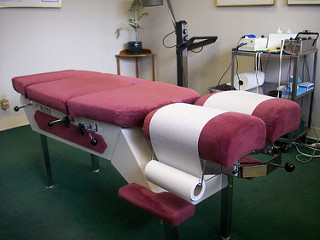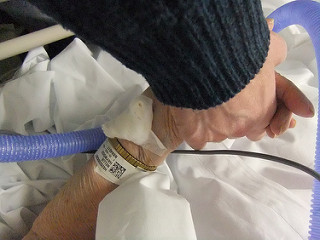As a law firm for beneficiary whistleblowers in health care fraud cases, we are committed to staying informed about developments involving fraud and related wrongs across the country. When a beneficiary reporting health care fraud (or a beneficiary who simply feels something is amiss) calls our office, we can evaluate the facts and discuss the law, including the very latest cases involving federal and state anti-fraud statutes. This week, a case from Illinois caught our eye. It involves alleged fraud by a chiropractor, a field many view as new and/or alternative despite having roots in Ancient Greece and practitioners being recognized in all 50 states (American Chiropractic Association). Notably, the allegations suggest some beneficiaries were complicit in the scam. While patients probably didn’t know the extent of the fraud, perhaps accepting a dubious explanation, the clinic’s fishy behavior likely set off alarm bells; alarm bells we hope lead others to contact our team rather than assent to wrongful acts.
The Allegations: Chiropractor’s Fraudulent Billing Scheme Supported by Beneficiary Cooperation
 According to the Journal & Topics Newspapers, a Wheeling, Illinois chiropractor and members of his family are facing charges they fabricated medical records and billed insurance carriers for services that were medically unnecessary or never rendered at all (indictment available via the FBI). The charges include health care fraud and aggravated identity theft. In all, the defendants are accused of filing $28,775,000 in insurance claims from 2006 through November 2012 and receiving $10,47,000 in insurance payments.
According to the Journal & Topics Newspapers, a Wheeling, Illinois chiropractor and members of his family are facing charges they fabricated medical records and billed insurance carriers for services that were medically unnecessary or never rendered at all (indictment available via the FBI). The charges include health care fraud and aggravated identity theft. In all, the defendants are accused of filing $28,775,000 in insurance claims from 2006 through November 2012 and receiving $10,47,000 in insurance payments.
 Healthcare Fraud Lawyer Blog
Healthcare Fraud Lawyer Blog




 A decision handed down by a federal court in New York last week further evidences the government’s commitment to fighting health care fraud. The court finds the clock begins to run on the duty to return
A decision handed down by a federal court in New York last week further evidences the government’s commitment to fighting health care fraud. The court finds the clock begins to run on the duty to return 




